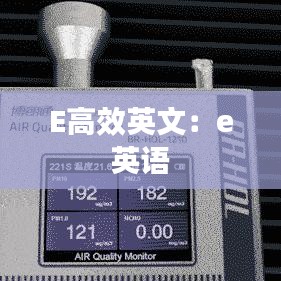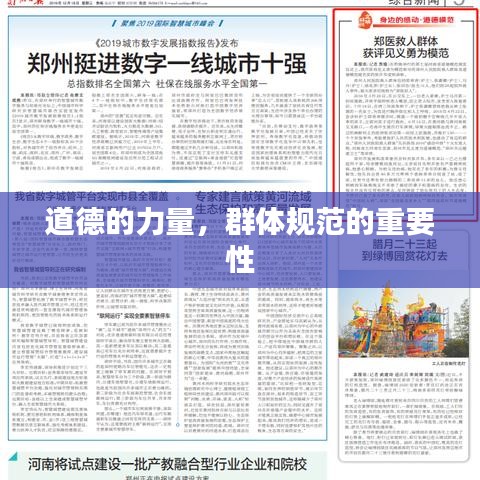Introduction to Efficient English
Efficient English, often referred to as "E-efficient English," is a concept that emphasizes the use of language in a way that maximizes clarity, conciseness, and effectiveness. In an increasingly globalized world, where communication spans across cultures and languages, the ability to communicate efficiently in English is a valuable skill. This article delves into the principles of E-efficient English, its importance, and practical tips for achieving it.
Understanding the Principles
At its core, E-efficient English is about distilling information to its essence. This involves several key principles:
Clarity: The language should be clear and easy to understand. Avoid jargon, unless it is necessary and the audience is familiar with it.
Conciseness: Use fewer words to convey the same message. Brevity is a hallmark of effective communication.
Precision: Choose words carefully to ensure that they accurately convey the intended meaning.
Relevance: Focus on the information that is most important to the audience and omit unnecessary details.
Importance of E-Efficient English
Efficient English is crucial in various contexts:
Business: In the corporate world, effective communication can lead to better decision-making, improved productivity, and stronger relationships with clients and colleagues.
Academia: Students and scholars need to convey their ideas clearly and concisely in academic papers, presentations, and discussions.
International Relations: Diplomats and global leaders must communicate across cultures, often under tight deadlines, and E-efficient English is essential for successful negotiations and collaborations.
Personal Development: Learning to communicate efficiently in English can enhance personal relationships, improve job prospects, and open up opportunities for travel and cultural exchange.
Practical Tips for Achieving E-Efficient English
Here are some practical tips to help you improve your English communication skills:
Read Widely: Expose yourself to a variety of written materials, including newspapers, magazines, and academic journals. This will help you learn different styles of writing and expand your vocabulary.
Practice Writing: Write regularly to develop your writing skills. Keep a journal, write emails, or even start a blog. The more you write, the more you'll improve.
Learn to Edit: Editing is a critical skill in achieving E-efficient English. Learn to identify and eliminate unnecessary words, phrases, and sentences.
Use Active Voice: Active voice makes your writing more direct and concise. For example, "The team achieved the goal" is more efficient than "The goal was achieved by the team."
Learn from Others: Read and analyze the writing of others who are known for their clarity and brevity. Try to emulate their style.
Seek Feedback: Don't be afraid to ask for feedback on your writing from teachers, mentors, or peers. Constructive criticism is invaluable for improvement.
Use Resources: Utilize resources like dictionaries, thesauri, and grammar guides to help you choose the right words and correct any mistakes.
Conclusion
Mastering E-efficient English is a journey that requires practice, patience, and a commitment to continuous learning. By applying the principles of clarity, conciseness, precision, and relevance, and by incorporating practical tips into your daily language use, you can significantly enhance your ability to communicate effectively in English. Whether in personal, academic, or professional settings, the benefits of E-efficient English are undeniable.
转载请注明来自洪湖市丰冠水利工程有限公司,本文标题:《E高效英文:e 英语 》











 鄂ICP备2023001442号-1
鄂ICP备2023001442号-1
还没有评论,来说两句吧...